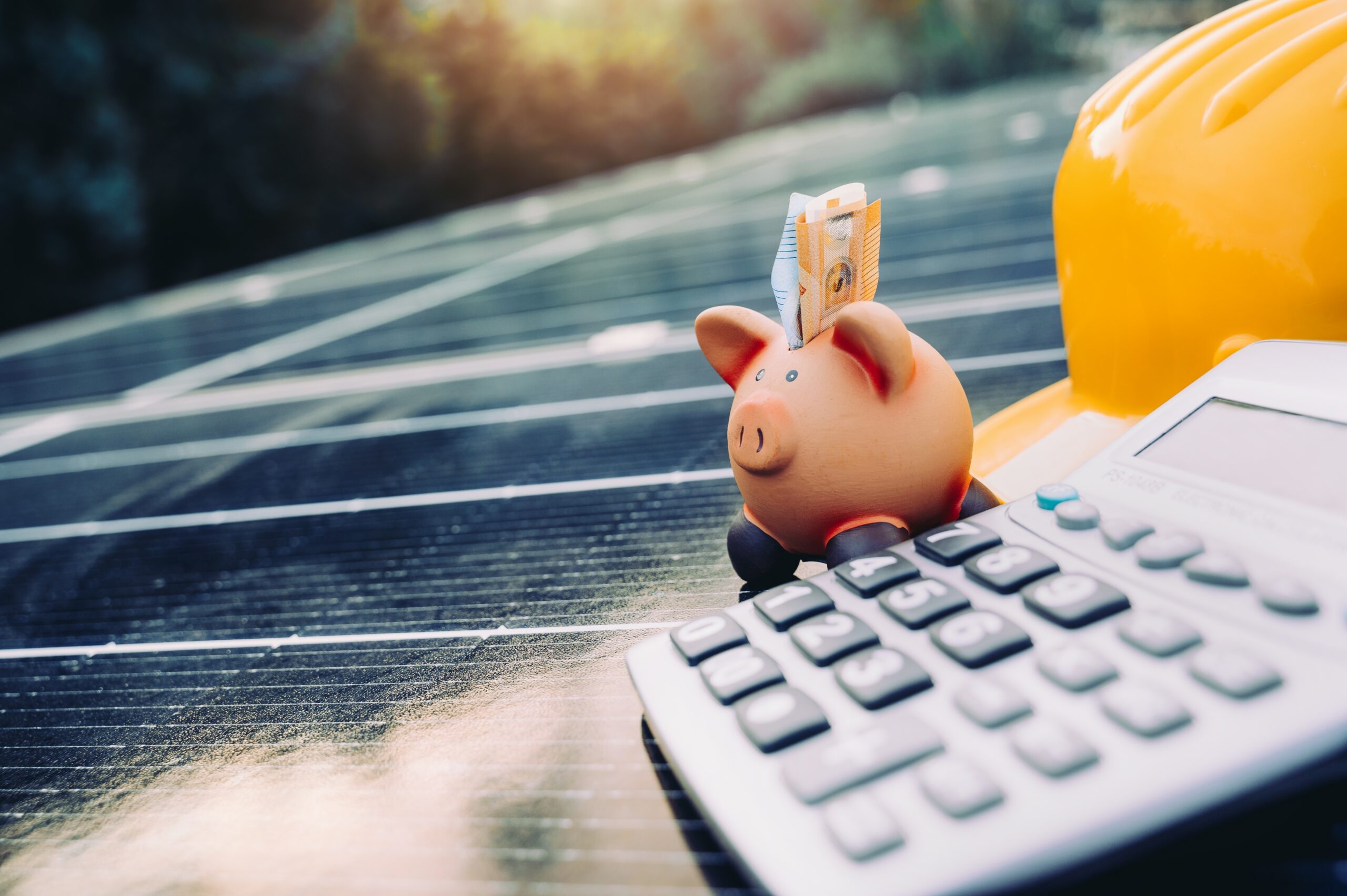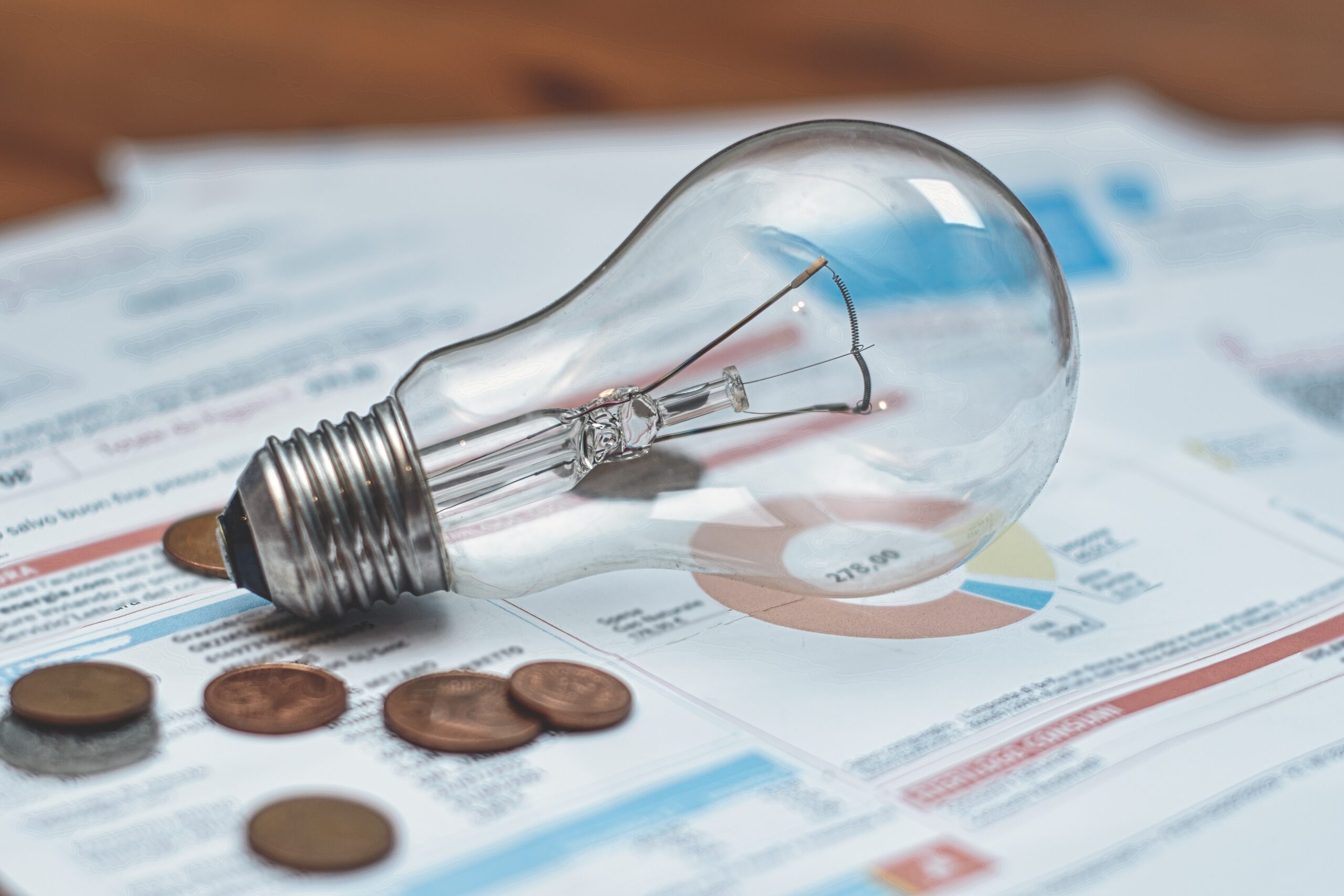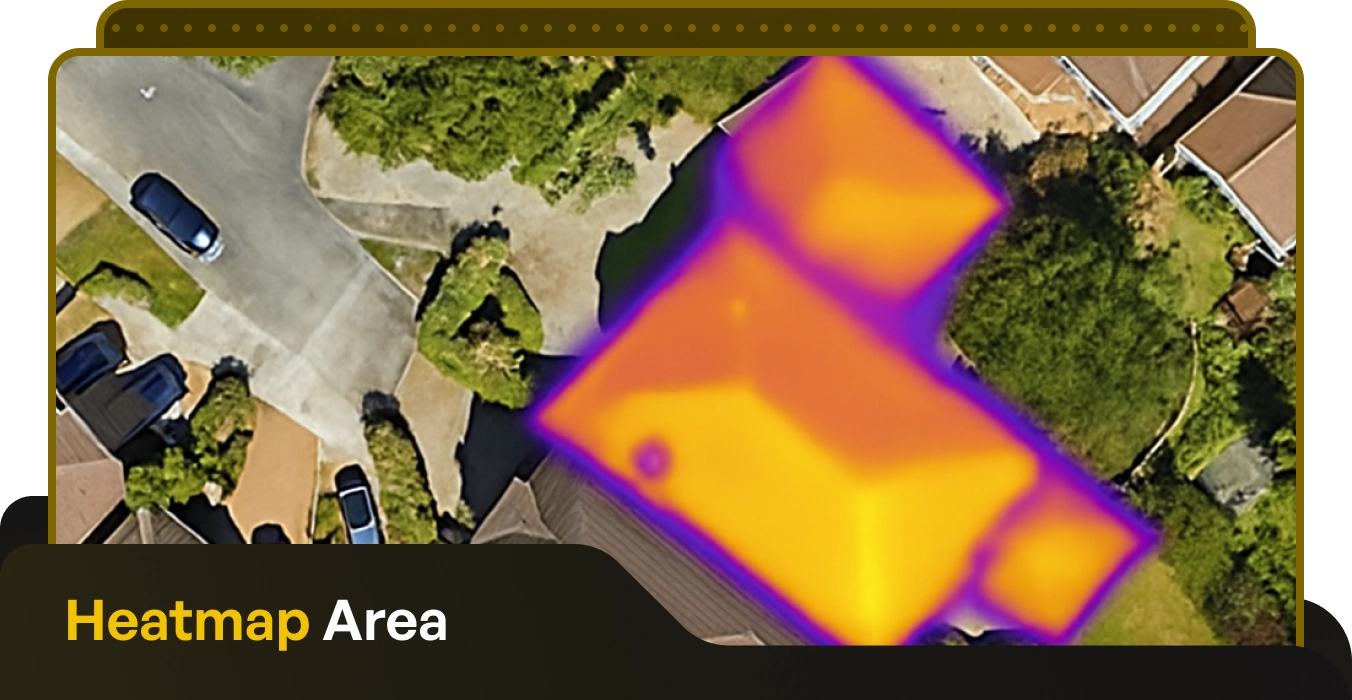Selling Excess Solar Electricity
Key Takeaways
- 1Grid-connected solar panels export unused electricity by default
- 2Homeowners can get paid a feed-in tariff per kWh of exported electricity
- 3Export payments range from 15.89c to 25c per kWh, depending on the supplier.
- 4Up to €400 can be earned from selling excess solar tax-free.
Selling Excess Solar Power Back to the Grid Explained
The vast majority of solar panel systems in Ireland are connected to the electricity grid. When your panels are generating more electricity than is being used in your home, the excess is sent to the grid.
You can earn money from this excess solar through the Clean Export Guarantee. This is part of the Microgeneration Support Scheme that allows you to be paid by your electricity supplier for each kWh of exported electricity.
The higher the feed-in tariff rate, the more beneficial it is for those with solar panels in Ireland, as they will earn more for any extra electricity generated.
How much can I make selling excess solar electricity?
The amount of money you can earn from solar energy payments is dependent on a number of factors about your solar PV system and electricity usage.
- 1System Capacity: The size and output capacity of your solar PV system.
- 2Self-Consumption: What proportion of that output is used in your home vs exported to the grid?
- 3Feed-in Tariff: The price per kWh of electricity exported set by your electricity provider.
What are the best prices for selling excess electricity?
Ireland’s feed-in tariff rates and payment structures are set by your electricity supplier. The prices they offer can vary greatly.
Electricity suppliers can also change the rates they offer for solar PV export payments at will. This is something to keep in mind if you are signing a contract with an electricity supplier for their feed-in tariff rate.
You can only sell solar energy to the electricity supplier with which you are currently under contract. If you have solar panels, you should also consider their export price when you are choosing an electricity plan.
How to get paid for excess solar electricity in Ireland?
It is a simple process to get paid for solar energy exports. It requires very little on your part and once it’s set up the process should be done almost automatically.
What’s Needed for Feed-in Tariff Payments
- 1Solar Panels: You need to have a microgeneration system installed in your home to export electricity.
- 2Grid Connection: Your microgeneration system must be connected to the electricity grid to export power.
- 3Electricity Meter: A Smart Meter is best for microgeneration as it can accurately measure exports. A legacy meter can also be used.
- 4Electricity Supplier: You must be registered with an electricity supplier to receive feed-in tariff payments.
Selling Surplus Electricity Process
- 1Install Solar Panels: Get solar panels or another microgeneration system installed on your home.
- 2Apply for ESB Connection: During the installation, your solar installer will submit an NC6 form telling the ESB Networks the details of your solar PV system.
- 3Get Paid: Once the NC6 form has been processed by the ESB they will inform your electricity supplier and payments will begin automatically.
When is the feed-in tariff paid to me?
Different electricity companies have different billing cycles for feed-in tariff payments. This can range from monthly to biannually.
Tax on Feed-in Tariffs
If you have solar panels or another microgeneration source of expor payments, this is counted as taxable income.
However, for homeowners you can receive a tax exemption for microgeneration income up to a certain threshold. This tax exemption will be in place until December 31, 2028.
- 1Tax Free Income: You can earn up to €400 from solar energy payments each year, which is exempt from taxation.
- 2Tax Level: Beyond that level, anything you earn is counted towards your total income for the purposes of income tax.
Is selling solar power back to the grid worth it?
There are upsides and downsides to selling surplus solar electricity in Ireland. This depends on the size of your solar PV system and how you use that electricity. It’s value to you also depends on how the feed-in tariff rules and payments appeal to you.
Pros
Setup Cost: There is no extra cost for selling excess electricity, unlike a battery or power diverter
Earn Extra Money: You can increase your solar savings with power that would othersie go unused.
Tax-Free Income: You can earn up to €400 that is exempt from income tax, USC, or PRSI
Pros
Lower Price: The Feed-in Tariff is worth less than the price you pay for importing grid electricity.
Limited Choice: You may only sell electricity to your current electricity supplier
Price May Change: You do not have control over the price you are paid for exported electricity.
Expensive Large System: You need a substantial solar PV system to produce enough electricity to be worth exporting.
Learn More About Saving on Your Home Energy Bills
How Much Can You Earn From Solar Panels
Solar panels are one of the most lucrative forms of home investment, or any kind of investment, available today.

How to Switch Gas & Electricity Providers
Switching energy providers on a yearly basis is the easiest way to save money on your electricity and gas bills.

Frequently Asked Questions
Yes, instead of selling surplus electricity you can use a solar battery or power diverter to use it in your home for other purposes.
No, you can still be paid a feed in tariff without a smart meter. However, without a smart meter to measure your exports you will only be paid for an estimated value.
The Deemed Export Quantity is an estimate of how much electricity you export for homes without a smart meter. The DEQ is based on the the size of your system and export values set by the CRU.
The feed in tariff is typically paid as a credit to your electricity account. The frequency of those payments is determined by your electricity supplier.
The feed in tariff is available for any solar PV system up to 50kW in capacity. Anything that is 50kWp to 6MWp in capacity is paid a rate set by the Small-Scale Renewable Electricity Support Scheme (SRESS).
A solar battery will significantly increase your self-consumption of solar electricity. This will reduce the amount of electricity being exported and the income you will make from feed-in tariffs.
Get Free Solar Quotes Today
Find a local recommended solar panel installer in your area, and get your free quote today. It’s 100% cost and commitment free.



